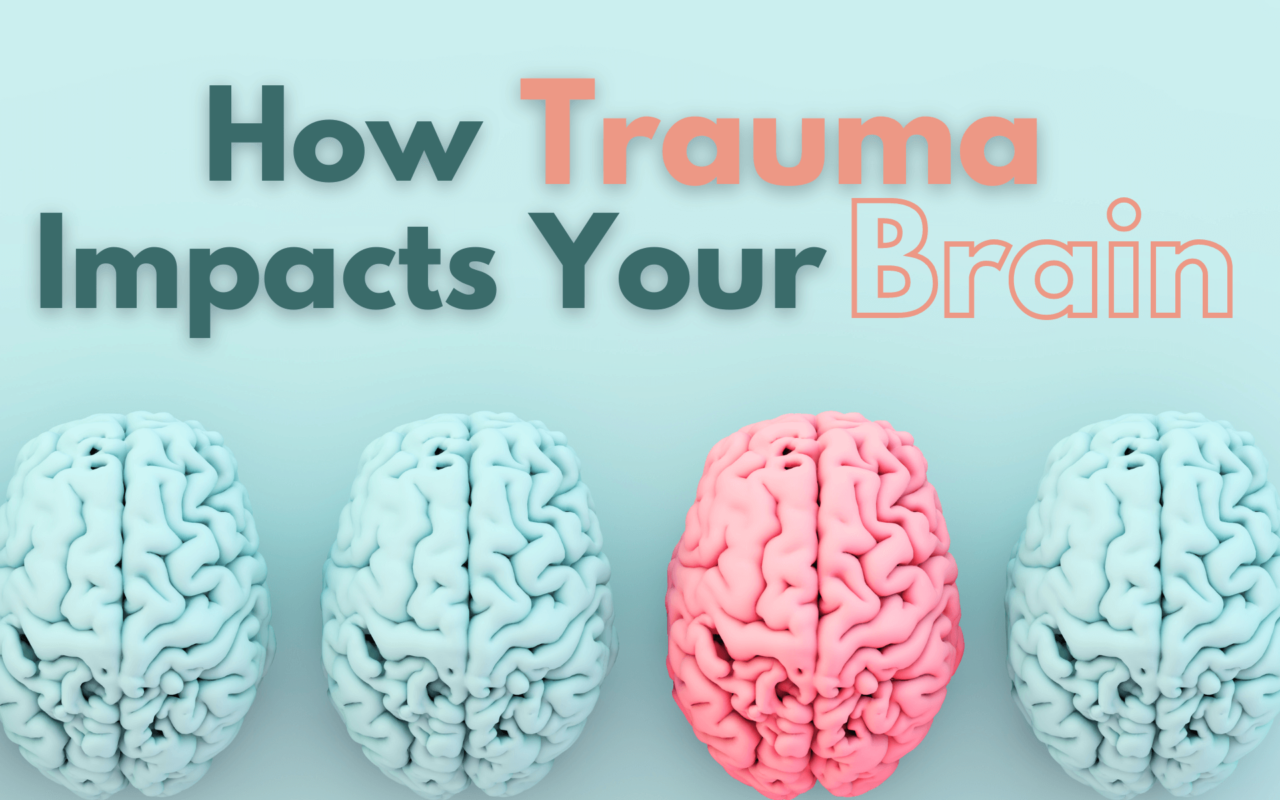How Trauma Impacts Your Brain
Hello Readers!
Shailyn Waites here, therapist and former university athlete, back for a daily blog post. Let’s explore the impact of trauma on the brain and the transformative journey towards healing and resilience. Traumatic experiences leave lasting imprints on the brain, influencing thoughts, emotions, and behaviours. Understanding these effects is crucial for our journey towards healing and building resilience. Let’s delve into how trauma impacts your brain and discover the pathways to recovery.
Impact of Trauma on the Brain:
Trauma disrupts the normal functioning of the brain, particularly in areas responsible for processing emotions, memories, and stress responses. The amygdala, our brain’s alarm system, becomes hyperactive, leading to heightened fear and anxiety responses. Simultaneously, the prefrontal cortex, responsible for rational thinking and emotional regulation, may become less active, challenging effective emotion management.
The Stress Response System: Aftermath of Trauma
During a traumatic event, the brain’s stress response system activates, releasing stress hormones like cortisol. With chronic trauma, this system may become dys-regulated, causing prolonged stress responses even in non-threatening situations. Symptoms such as hyper-vigilance, sleep disturbances, and difficulty concentrating may arise.
Memory and Trauma:
Traumatic experiences impact memory processes, leading to fragmented or challenging-to-recall memories. Some memories may intrude upon thoughts, causing distressing flashbacks. This can result in difficulties in making sense of the traumatic event and integrating it into our life story.
“Trauma is not just an event in the past; it is the imprint left on mind, brain, and body, with ongoing consequences for survival in the present.” – Bessel Van Der Kolk
Pathways to Healing and Resilience: A Comprehensive Guide
1. Seeking Professional Help:
- If experiencing distress or trauma-related symptoms, seek guidance from mental health professionals.
- Therapies like Eye Movement Desensitization and Reprocessing (EMDR), Trauma-Focused Cognitive Behavioural Therapy (TF-CBT), and Somatic Experiencing are effective in promoting healing.
2. Self-Care and Support:
- Engage in self-care practices such as mindfulness, exercise, and relaxation techniques to regulate the nervous system.
- Seek support from loved ones, support groups, or online communities for validation and understanding.
3. Building Resilience:
- Participate in activities that promote resilience to rewire the brain for adaptive responses to stress.
- Cultivate positive relationships, practice gratitude, pursue hobbies, and set realistic goals.
Unlocking Healing with EMDR:
Our brains possess a built-in mechanism to recover from traumatic memories, but sometimes, extra support is needed. EMDR therapy steps in to help process these memories, allowing the healing process to continue. While the memory remains, the intense response associated with it begins to fade away.
Embracing Healing and Resilience:
Trauma significantly impacts the brain, altering emotional responses, memory processes, and stress regulation. Yet, healing and resilience are possible. By understanding the effects of trauma on the brain and engaging in appropriate therapeutic interventions and self-care practices, embark on a journey towards healing, reclaiming your life, and fostering resilience. Remember, you are not alone, and there is hope for a brighter future.
Consider EMDR for Your Well-Being
If you resonate with the potential benefits of EMDR and would like to start EMDR therapy you can click the link below to BOOK NOW: thesolaceflow.janeapp.com/
Shailyn Waites, RSW, MSW
The Solace Flow


